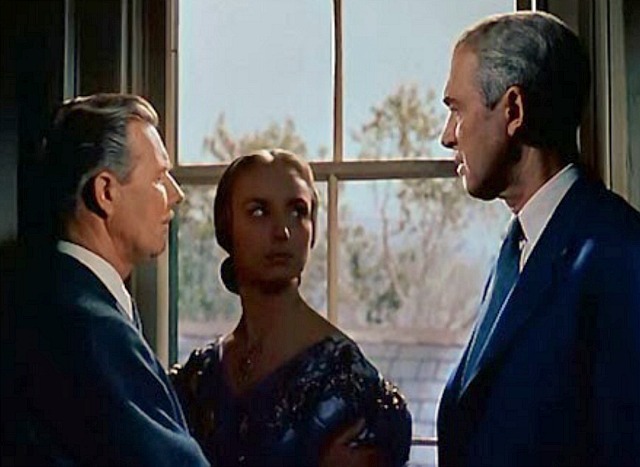Critic David Thomson has responded to Anne Billson’s Guardian response to his 6.21 London Review of Books essay about Alfred Hitchcock‘s Vertigo.
Thomson questioned whether Hitchcock’s 1958 masterpiece is an acceptable fit in the #MeToo era. He said that given Hitchcock’s creepy attitudes toward women on-screen (and his behavior toward Tippi Hedren in the early ’60s) he doubts Vertigo will be #1 again when Sight & Sound critics vote in 2022.
Billson replied that Hitchcock “created many strong and perceptive female characters,” as I summarized yesterday, “and that many of his male characters are weak and vacillating.
“For a so-called misogynist, his films feature a lot of intrepid heroines,” Billson writes. “Even when the women are nominally just love interests, they are unusually plucky and quick-witted.”
The subhead of Billson’s piece: “While some critics see the film, released 60 years ago, as proof of Hitchcock’s sexist creepiness, a closer look reveals that strong women and weak men were often at the heart of his work.”

Thomson replied today as follows: “I enjoyed Anne Billson’s article and I agree with a lot of it. But I find it hard to see [Kim Novak‘s] Judy Barton in Vertigo as a ‘strong’ character.
“After all, she has come to San Francisco to survive. She is not quite young any more and there are hints of failure along her way. So she gives herself to a fanciful and very cruel plot. She is being hired (and paid surely) to destroy two people — Madeleine Elster and Scotty Ferguson. There seems every likelihood that she has become Elster’s mistress in that process.
“In other words, she is a tool, being manipulated, and giving up her self. So when she starts to fall for Scotty, she cannot admit it. And after that, dumped by Gavin, she lingers in San Francisco, as if to wait for Scotty to notice her, as Judy. But then she has to be Madeleine again. With further disaster, including her death.
“It’s hard to think of a clearer case of victimhood. or a film so in love with romantic tragedy.”









